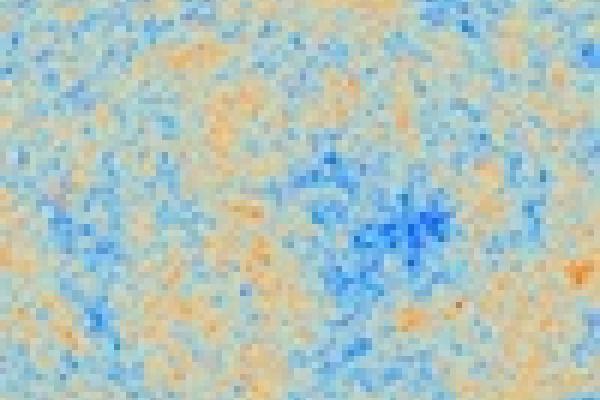News story


What Planck saw
Cosmologists gathered in the Netherlands last week to discuss a new view of the Universe. The Universe as seen by Planck was an international conference to discuss the recently released scientific results from the Planck satellite, including two particularly striking snapshots of the early Universe.